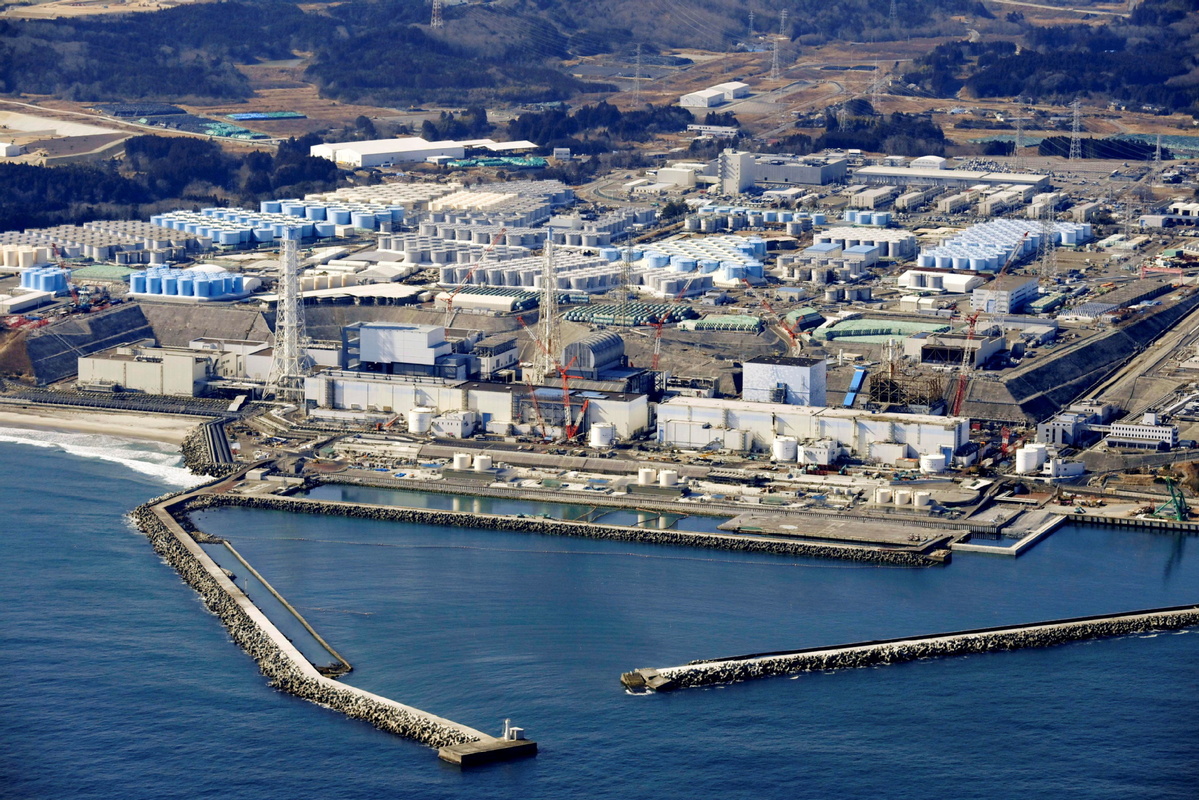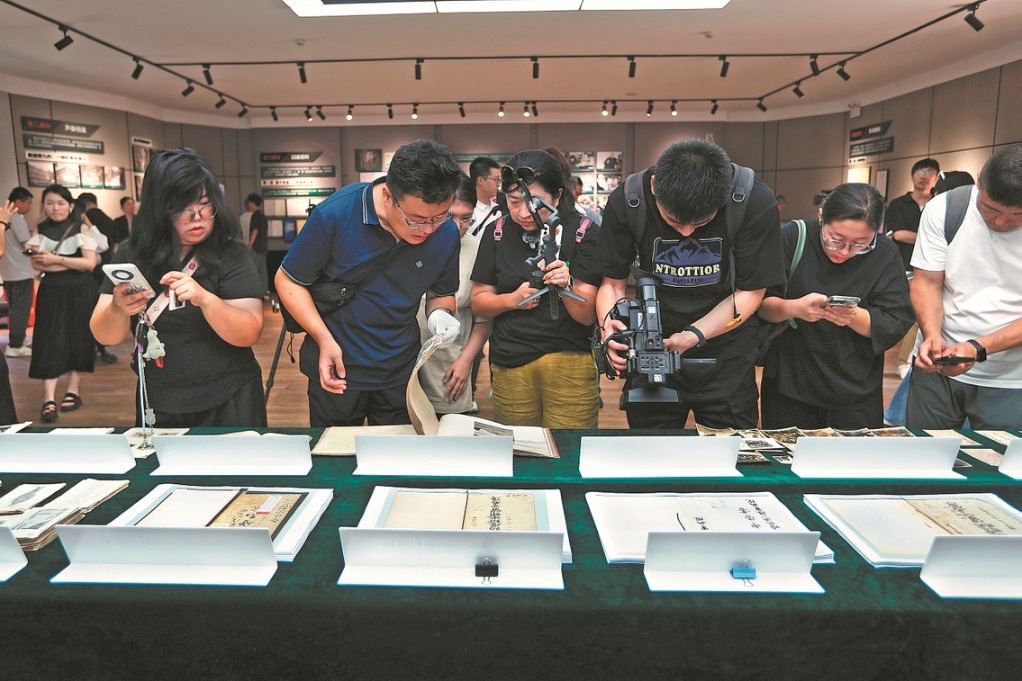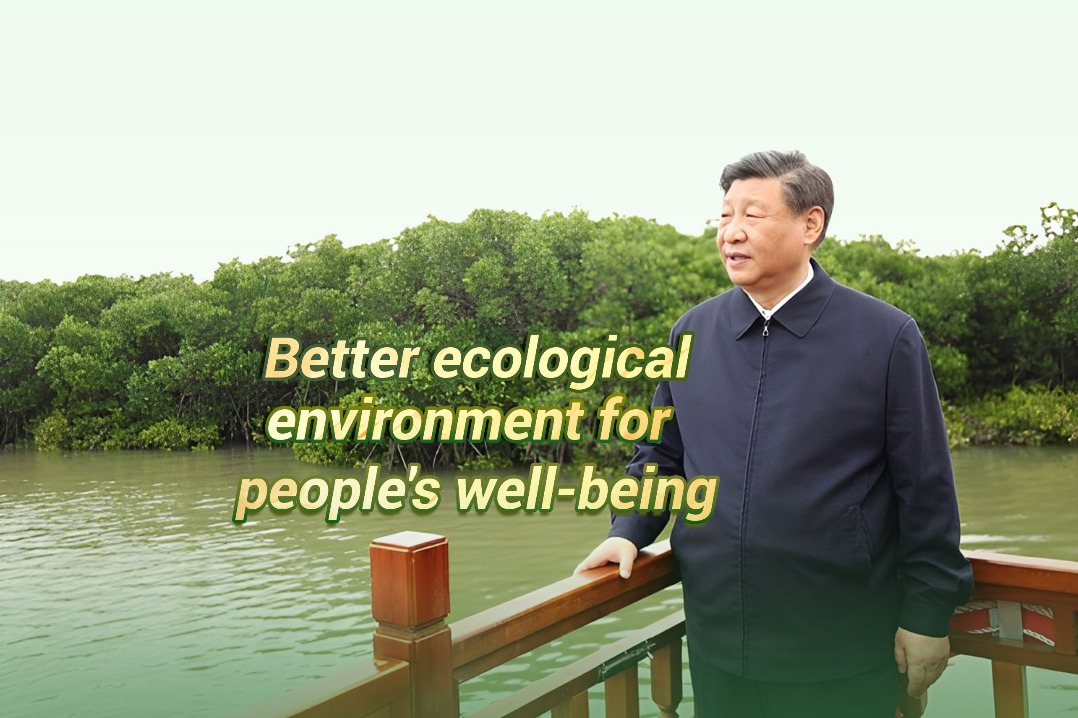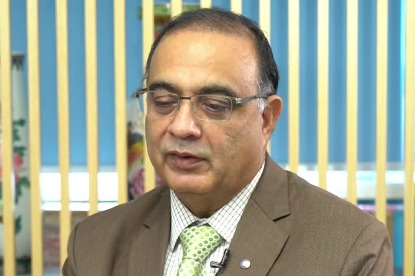Radioactive water plan sidelines science: China Daily editorial


In their most straightforward engagement to date over the Japanese decision to release radioactive waste water into the sea, Chinese and Japanese representatives made dramatically divergent statements on the matter at the 31st meeting of signatory countries to the UN Convention on the Law of the Sea.
The Japanese representative tried to emphasize the "harmlessness" of the release, the "transparency" that Tokyo has demonstrated, and the "endorsement" of the plan by the International Atomic Energy Agency. His Chinese counterpart argued the claims were "completely inconsistent with facts", and "intentionally misleading", and he urged the Japanese authorities to abandon its "wrong" decision.
Such an exchange will be viewed through a political prism in the present context of the cooling China-Japan relationship, especially as the average Chinese see Japan as having turned against their country amid the Western attempt to contain China. But at stake is a matter of potentially significant long-term consequences for both countries, the region, even the world, which brooks no politicization. It is a decision of the utmost importance that must be dealt with in strict accordance with science.
Nobody wanted a nuclear accident. But it happened, and must be handled. The issue now is how.
No matter how hard Tokyo tries to defend its current solution – to release "treated" waste water from the Fukushima facility into the sea — its present approach is problematic, and needs serious repair.
In the first place, it must be honest about the basic facts concerning the waste water to be released. With residues of radioactive elements, most noticeably tritium, in it even after treatment, the water can't be harmless. And at the end of the day, the water contaminated in a nuclear accident is substantially different from normal waste water released from a nuclear plant. That the operator of the damaged plant, Tokyo Electric Power Company Holdings, Inc, recently openly solicited ways to filter the remaining tritium shows they are clearly clueless about it.
Instead of seeking approval from international watchdogs, it would make better sense for the Japanese authorities to make greater efforts to tackle the technical difficulties by means of broader international cooperation. For that purpose, the present level of transparency is conspicuously inadequate. How can the international scientific and technological communities lend a hand when they remain ignorant about what is actually taking place at Fukushima?
And most important of all, how could that be possible when even Japan's closest neighbors are yet to be properly consulted?
It is remarkable that the concerns Pacific Rim and island nations have expressed so far have received no serious responses from Tokyo.
Beijing has every reason to ask Tokyo to refrain from proceeding with the planned release until reaching a consensus with stakeholding parties, including neighboring countries.


































